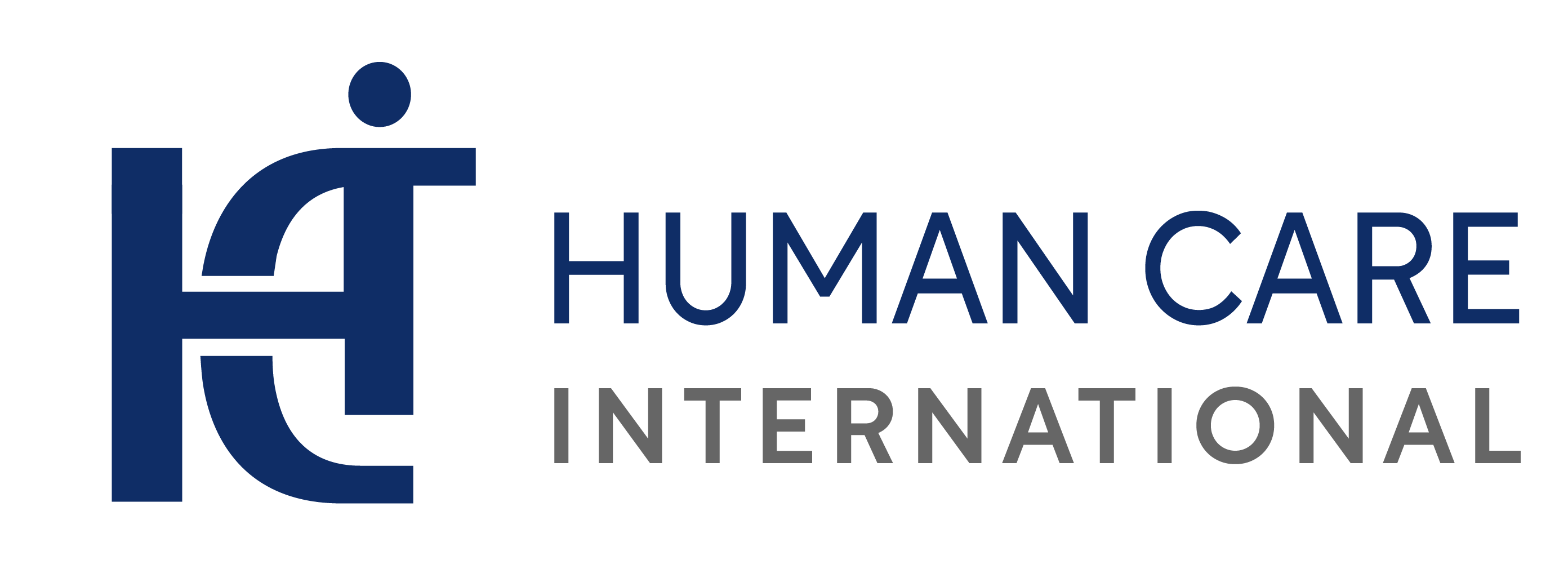Zakat Calculator
Calculate your Zakat obligations accurately and with ease.
Zakat Policy
Upholding Trust.
Fulfilling Divine Duty.
Donate Your Zakat
Upholding Trust. Fulfilling Divine Duty.
Pay Zakat Online
What is Zakat?
Zakat (Arabic: زكاة) is one of the Five Pillars of Islam and an obligatory form of almsgiving for financially capable Muslims. It involves giving a fixed portion (usually 2.5%) of one’s wealth to those in need, serving as a means of spiritual purification and social welfare.
Importance of Zakat
- Spiritual Purification: Cleanses wealth and soul from greed.
- Social Justice: Reduces poverty and wealth inequality.
- Community Support: Helps the needy, including orphans, widows, and the poor.
- Religious Duty: A mandatory act of worship (Fard) in Islam.
Who Must Pay Zakat?
Zakat is obligatory for Muslims who:
- Possess wealth above the Nisab (minimum threshold, equivalent to 87.48 grams of gold or 612.36 grams of silver).
- Have held this wealth for a full lunar year (Hawl).
- Are free from debt exceeding their assets.
How to Calculate Zakat?
The standard Zakat rate is 2.5% of eligible wealth. Follow these steps:
- Calculate total savings, gold, silver, investments, and business assets.
- Subtract debts and immediate expenses.
- If the remaining amount meets or exceeds the Nisab, pay 2.5% of it as Zakat.
Recipients of Zakat (Asnaf)
The Quran (Surah At-Tawbah 9:60) specifies eight categories of recipients:
- Fuqara: The poor
- Masakin: The needy
- Zakat collectors: Administrators of Zakat
- New Muslims: Those reconciling hearts to Islam
- Freeing slaves: Freeing captives or slaves
- Debtors: People burdened by debt
- Fi Sabilillah: In the cause of Allah (e.g., Islamic education, jihad)
- Ibnus-Sabil: Stranded travelers
When to Pay Zakat?
Zakat is due annually after one lunar year (Hawl) of owning wealth above the Nisab. Many Muslims prefer paying it during Ramadan for greater blessings.
Zakat vs. Sadaqah
Zakat is mandatory, fixed (2.5%), and has specific recipients. Sadaqah is voluntary charity with no


